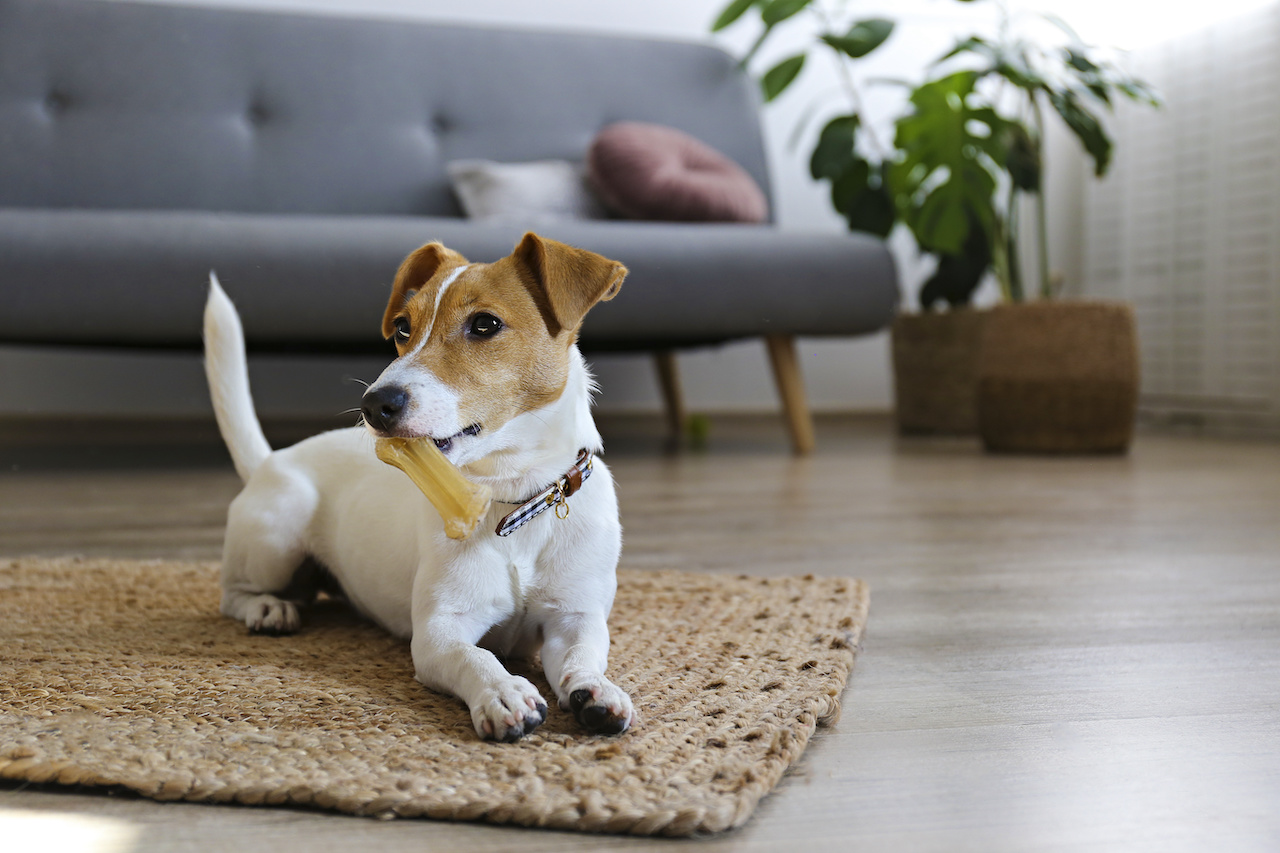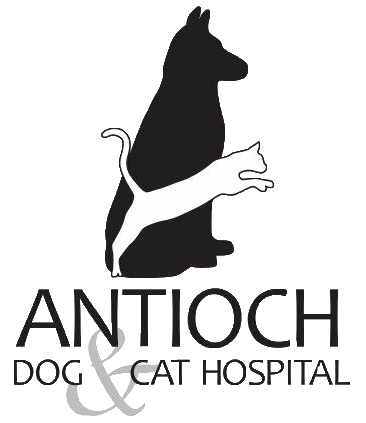
Canine Parvo Treatment
At Antioch Dog and Cat Hospital, we’re excited to introduce a revolutionary solution for Canine Parvovirus (CPV) – Canine Parvovirus Monoclonal Antibody (CPVMAB) treatment.
This groundbreaking treatment offers hope and healing for dogs affected by this highly contagious and potentially fatal virus. Our commitment to providing the most advanced and effective treatments for your beloved pets has led us to proudly offer CPV-MAB as part of our comprehensive veterinary care services.
Understanding Canine Parvovirus Monoclonal Antibody (CPV-MAB)
Canine Parvovirus Monoclonal Antibody is a revolutionary treatment developed by Elanco that can combat the clinical signs caused by Parvo in sick puppies and dogs. It involves a single intravenous dose and offers several key benefits:
- Decreased Mortality: CPV-MAB significantly reduces the mortality rates associated with Canine Parvovirus, increasing the chances of recovery.
- Faster Symptom Resolution: This treatment may lead to faster relief from the distressing symptoms of Parvo, minimizing the need for prolonged hospitalization.
- Less Physical and Emotional Strain: CPV-MAB is a less physically and emotionally taxing treatment option when compared to a traditional supportive therapy.
Eligibility for CPV-MAB Treatment
This groundbreaking treatment is available for dogs 8 weeks of age or older who are diagnosed with Canine Parvovirus. While availability is pending individual state approvals, we’re diligently working to make it accessible to all eligible dogs in need.
The Importance of CPV-MAB Treatment
Canine Parvovirus is a highly contagious virus that primarily affects unvaccinated dogs and puppies under 4 months old. Without treatment, Parvo can be fatal, with a fatality rate greater than 90%. The virus attacks the gastrointestinal tract and spreads through direct contact with infected dogs, contaminated feces, environments, or people.
Traditionally, treating Canine Parvovirus has been challenging and costly, involving intensive care efforts and extended hospitalization. CPV-MAB offers a more efficient and affordable approach to treatment, potentially shortening the time and reducing the costs of supportive care. This groundbreaking treatment could make Canine Parvovirus treatment accessible to more people and improve the overall prognosis for affected dogs.
Understanding Canine Parvovirus (CPV)
What is Canine Parvovirus?
Canine Parvovirus, commonly referred to as Parvo, is a viral infection that primarily affects dogs. This virus is highly resilient and can survive in various environments for extended periods. It targets the gastrointestinal tract, causing severe symptoms such as vomiting, diarrhea, and a weakened immune system. Without prompt and appropriate treatment, Canine Parvovirus can be fatal.
Signs and Symptoms of Canine Parvovirus
Canine Parvovirus, commonly referred to as Parvo, is a viral infection that primarily affects dogs. Recognizing the signs and symptoms of this disease is crucial for early intervention. Common symptoms include:
- Severe and persistant vomiting
- Profuse and often bloody diarrhea
- Lethargy and weakness
- Loss of appetite
- Abdominal pain and discomfort
- High fever
- Dehydration
If you notice any of these symptoms in your dog, it’s essential to seek immediate veterinary attention, as early diagnosis and treatment can significantly improve the chances of survival and symptom management.
How is Canine Parvovirus Spread?
Canine Parvovirus is transmitted through direct or indirect contact with an infected dog’s feces or contaminated objects, such as food and water bowls, bedding, or even the hands and clothing of people who have been in contact with an infected dog. The virus is highly contagious, and even a small amount of infected feces can introduce the virus into the environment, where it can remain infectious for several months.
Common Ways of Transmission Include
- Direct Dog-to-Dog Contact: This occurs when an infected dog interacts with an unvaccinated or inadequately protected og.
- Contaminated Environment: Dogs can become infected when they come into contact with contaminated objects or surfaces in parks, kennels, or pet grooming facilities.
- Human Transmission: People can inadvertently spread the virus by touching an infected dog or contaminated surfaces and then touching uninfected dogs without property hand hygiene.
Why Timely Treatment is Crucial
Seeking prompt treatment for Canine Parvovirus is of utmost importance for several reasons:
- Increased Survival Rates: Early diagnosis and treatment can significantly improve the chances of your dog’s survival. The sooner you seek medical attention, the better the chances of a successful outcome.
- Dehydration Prevention: Severe vomiting and diarrhea lead to dehydration, which can be life-threatening. Treatment helps maintain hydration and electrolyte balance.
- Symptom Management: Veterinary care can alleviate the distressing symptoms of Parvo, including nausea, vomiting, and diarrhea, making your dog more comfortable.
- Isolation and Prevention: Infected dogs need to be isolated to prevent the virus from spreading to other dogs in your household or community.
- Prevent Secondary Infections: Canine Parvovirus weakens the immune system, making dogs susceptible to secondary infections. Timely treatment can help prevent these complications.
Canine Parvovirus is a highly contagious and potentially deadly disease that all dog owners should be aware of. To protect your beloved pets, it’s crucial to ensure they are vaccinated against Parvo and to seek immediate medical attention if you suspect they may have been exposed to the virus. At Antioch Dog & Cat Hospital, our experienced veterinarians are here to provide the best care and treatment for
your furry family members. Don’t hesitate to reach out to us if you have any concerns or need assistance with Canine Parvovirus prevention and treatment. Your pet’s health is our top priority.
Contact Antioch Dog and Cat Hospital for Treatment
Protecting your beloved pets from Canine Parvovirus is crucial. Ensure they are vaccinated and seek immediate medical attention if you suspect exposure to the virus. At Antioch Dog and Cat Hospital, our experienced veterinarians are here to provide top-notch care and assistance with prevention and treatment. If you have any questions or concerns about this new treatment or your pet’s health, give us a call at 816-453-7272. Your pet’s well-being is our top priority, and we look forward to helping them on their path to recovery.
